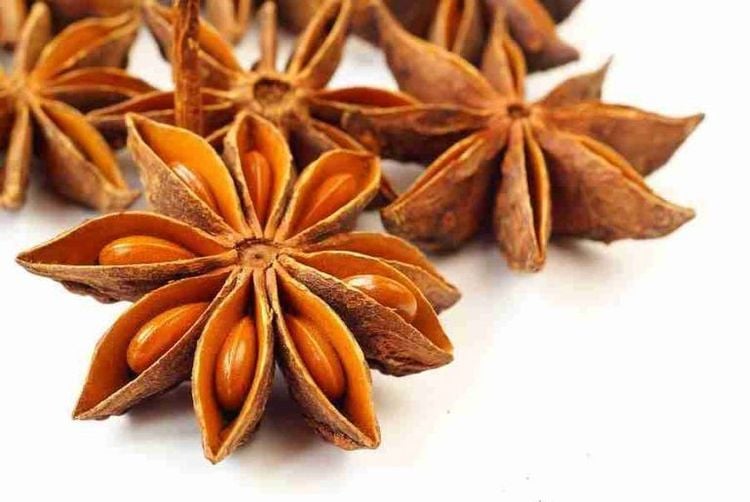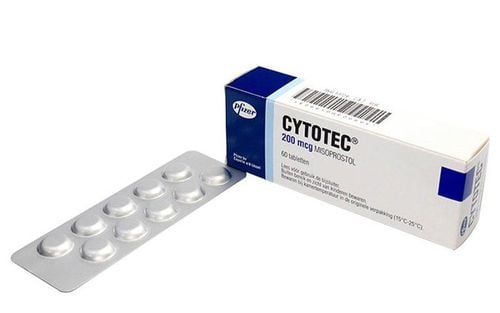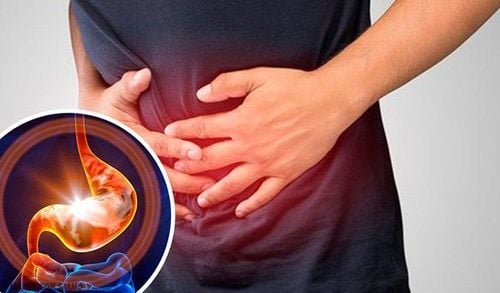Anise seeds are widely recognized as a flavorful spice used in various dishes. However, anise seeds also offer numerous health benefits. The anise plant, or Pimpinella anisum, belongs to the same family as carrots, celery, and parsley. It can grow up to 3 feet (1 meter) tall and produces white flowers and a small fruit known as anise seeds. Anise has a distinctive licorice-like flavor and is often used to enhance desserts and beverages. Additionally, anise is celebrated for its health-boosting properties and serves as a natural remedy for various ailments. Below are seven scientifically supported health benefits and uses of anise seeds.
1. Nutrient-Rich
Although anise seeds are typically consumed in small quantities, they are rich in vital micronutrients.
Notably, anise seeds are a great source of iron, essential for producing healthy blood cells.
They also contain small amounts of manganese, a critical mineral that functions as an antioxidant and supports metabolism and growth.
One tablespoon (7 grams) of anise seeds provides approximately:
- Calories: 23
- Protein: 1 gram
- Fat: 1 gram
- Carbs: 3 grams
- Fiber: 1 gram
- Iron: 13% of the Recommended Daily Intake (RDI)
- Manganese: 7% of the RDI
- Calcium: 4% of the RDI
- Magnesium: 3% of the RDI
- Phosphorus: 3% of the RDI
- Potassium: 3% of the RDI
- Copper: 3% of the RDI
Keep in mind that most recipes use less than a tablespoon of anise seeds.
2. May Alleviate Symptoms of Depression
Depression is a common yet debilitating condition affecting 25% of women and 12% of men globally.
Interestingly, research suggests that anise seeds may help treat depression.
A study found that anise extract exhibited strong antidepressant effects in mice, comparable to a commonly prescribed antidepressant medication.
Another study involving 107 people revealed that consuming 3 grams of anise seed powder three times daily significantly reduced postpartum depression symptoms.
Similarly, a four-week study of 120 individuals found that taking a 200-mg capsule of anise extract three times daily markedly alleviated mild to moderate depression symptoms compared to a control group.

3. May Protect Against Stomach Ulcers
Stomach ulcers are painful sores that form in the stomach lining, causing symptoms like indigestion, nausea, and a burning sensation in the chest.
While conventional treatments often involve medications to reduce stomach acid, preliminary research suggests that anise seeds may prevent and alleviate stomach ulcers.
An animal study demonstrated that anise seeds reduced gastric acid secretion, preventing ulcer formation and protecting cells from damage.
However, research on anise seeds’ effects on stomach ulcers is limited, and more studies are needed to confirm these benefits in humans.
4. Inhibits the Growth of Fungi and Bacteria
Test-tube studies indicate that anise seeds and their compounds possess potent antimicrobial properties, helping prevent infections and inhibiting fungal and bacterial growth.
One test-tube study showed that anise seeds and anise essential oil were particularly effective against certain fungal strains, including yeast and dermatophytes (fungi causing skin infections).
Anethole, the active element in anise seeds, also inhibits bacterial growth.
Another study demonstrated that anethole blocked the growth of a cholera-causing bacterial strain, a severe infection characterized by acute diarrhea and dehydration.
Further research is required to determine how anise seeds impact fungal and bacterial growth in humans.
5. May Reduce Menopausal Symptoms

Menopause marks a natural decline in reproductive hormones in women, leading to symptoms like hot flashes, fatigue, and dry skin.
Anise seeds are believed to mimic estrogen in the body, potentially reducing menopausal symptoms.
In a four-week study of 72 women experiencing menopausal hot flashes, participants who consumed capsules containing 330 mg of anise seeds three times daily experienced a nearly 75% reduction in the severity and frequency of hot flashes.
Certain compounds in anise seeds may also prevent bone loss, a hallmark of menopause caused by declining estrogen levels.
An animal study found that essential oil comprising 81% anethole prevented bone loss and safeguarded against osteoporosis in rats.
Although promising, more research is needed to confirm anise extract's effects on menopausal symptoms in women.
6. May Help Regulate Blood Sugar Levels
Studies suggest that anethole, the active compound in anise seeds, may improve blood sugar regulation when combined with a healthy diet.
A 45-day study in diabetic mice showed that anethole reduced high blood sugar by altering key enzyme levels and enhancing pancreatic insulin-producing cell function.
Another animal study found that anethole improved blood sugar levels in diabetic mice.
Note that these studies utilized concentrated doses of anethole, much higher than those found in typical servings of anise seeds. Further research is necessary to assess anise seeds’ effects on human blood sugar levels.
7. Reduces Inflammation
Inflammation is often the immune system's natural response to injury or infection. However, chronic inflammation is linked to conditions like heart disease, cancer, and diabetes.
Studies on animals and in laboratories suggest that anise seeds may help reduce inflammation, promoting overall health and disease prevention.
For example, an animal study showed that anise seed oil reduced swelling and pain.
Another study highlighted that anise seeds are rich in antioxidants, which mitigate inflammation and prevent oxidative damage.
8. Potential Side Effects
Most people can safely consume anise seeds without adverse effects.
However, concentrated anise extracts may trigger allergic reactions, especially in individuals allergic to plants in the same family (e.g., fennel, celery, parsley, or dill).
Additionally, due to their estrogen-like properties, anise seeds may exacerbate symptoms of hormone-sensitive conditions like breast cancer or endometriosis. Individuals with such conditions should consult their healthcare provider before consuming anise seeds.

9. Dosage and Supplements
Anise seeds are commonly available as dried seeds, oils, powders, and extracts.
They add distinctive flavor to baked goods, candies, and even soaps and skincare products.
Typical culinary uses require 1–2 teaspoons (4–13 grams or 5–15 ml) of anise seeds, oil, or extract.
For medicinal purposes, doses of 600 mg to 9 grams of anise seed extract daily have proven effective in treating conditions like depression.
A daily intake of up to 20 grams of anise seed powder is considered safe for healthy adults.
To arrange an appointment, please call HOTLINE or make your reservation directly HERE. You may also download the MyVinmec app to schedule appointments faster and manage your reservations more conveniently.













